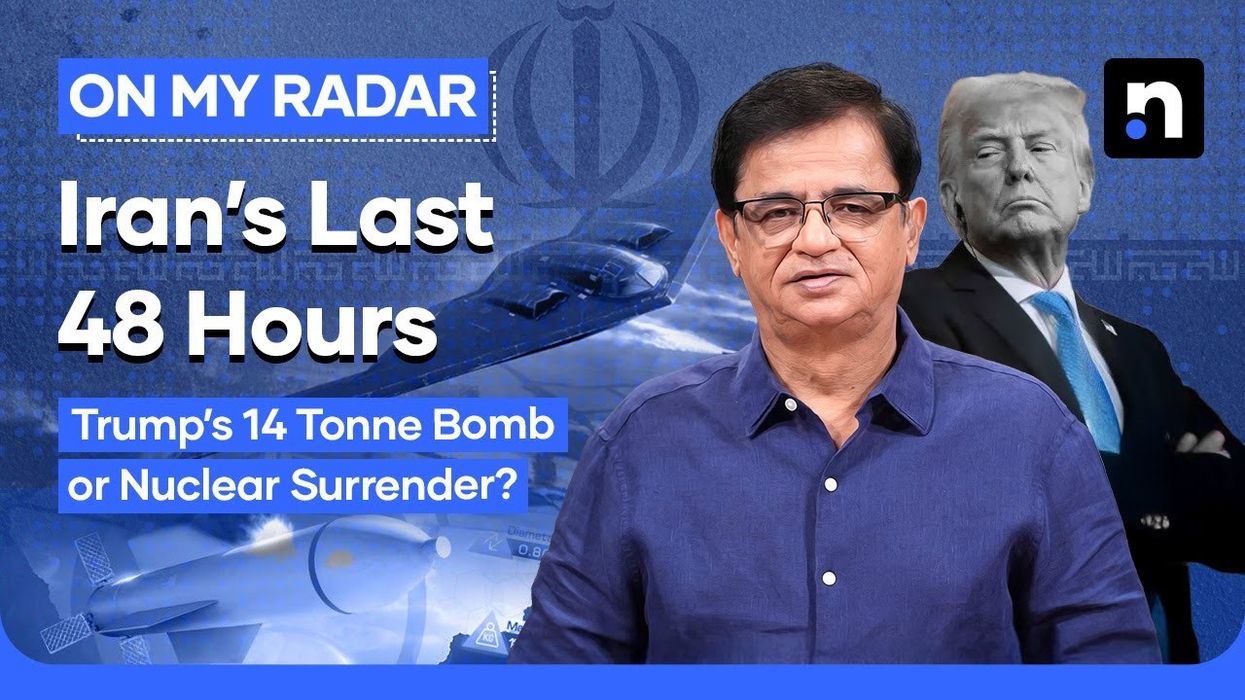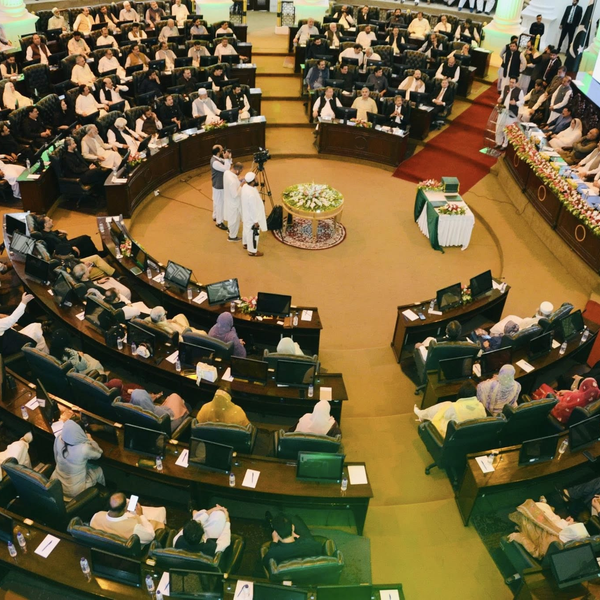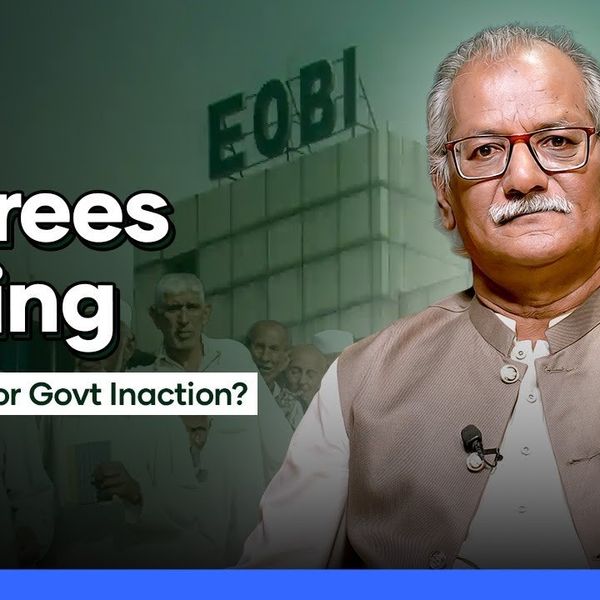Trump nears decision on Iran nuclear strike as Gulf states scramble for ceasefire
Kamran Khan warns a US bunker buster strike on Iran’s Fordow site could trigger direct military escalation
News Desk
The News Desk provides timely and factual coverage of national and international events, with an emphasis on accuracy and clarity.
As the Israel-Iran conflict enters its fifth day, Tehran’s most fortified nuclear facility has emerged as a potential target in a direct U.S. military strike, bringing the region closer to a dangerous tipping point.
According to Kamran Khan, the U.S. is weighing a limited but decisive air campaign against Iran’s Fordow nuclear site—a facility buried deep within a mountain and considered immune to conventional attacks. If executed, the strike would rely on America’s 30,000-pound “bunker buster” bombs, delivered by B-2 stealth bombers.
President Donald Trump is reportedly nearing a final decision.
The Pentagon has ordered additional military assets to the region. U.S. Defense Secretary Pete Hegseth has approved deployment of increased aerial and naval capabilities in the Middle East, signaling Washington’s growing readiness.
At the same time, Trump has tasked Vice President JD Vance and special envoy Steve Witkoff to pursue backchannel talks with Iran. Gulf countries including Saudi Arabia, Qatar and Oman are also accelerating diplomatic efforts to avoid further escalation.
“This could be the moment where Iran is forced to choose between total destruction of its nuclear infrastructure or a diplomatic ceasefire,” Kamran Khan said.
The New York Times reported that Trump’s decision could bring the U.S. into a direct military confrontation with Iran—an outcome Washington has so far tried to avoid.
Intelligence suggests that Fordow, unlike the already-bombed Natanz facility, remains operational. The Times of Israel said Israel’s earlier airstrikes destroyed roughly 15,000 centrifuges at Natanz.
Only the U.S. possesses the GBU-57 “Massive Ordnance Penetrator,” designed specifically for deep underground targets like Fordow and North Korean installations. Military analysts believe a successful attack would require multiple B-2 bombers delivering a series of these bombs in quick succession.
“This is not a job for Israel,” said former CIA director Leon Panetta. “Only the U.S. has the capability to eliminate Fordow.”
Trump has resisted calls from Israeli Prime Minister Benjamin Netanyahu in the past to share bunker buster technology, but sources say the request has resurfaced in recent talks. Former Israeli Defense Minister Yoav Gallant told CNN that “America will have to do it this time.”
The Economic Times reported that Iran was close to weaponizing its uranium at Fordow, prompting Israel to preemptively strike. Former U.S. diplomat Brett McGurk warned that any ceasefire without neutralizing Fordow would be a “strategic failure.”
Meanwhile, Iran is absorbing far more damage than Israel in this war. While Iranian missile strikes have hit Israeli power plants in Haifa, much of Tehran’s military and nuclear infrastructure has suffered repeated blows.
Trump has so far opposed targeting Iran’s Supreme Leader Ayatollah Ali Khamenei directly but has used public pressure, warning 10 million Iranians to evacuate Tehran. His abrupt return from the G7 summit in Canada was widely seen as a show of resolve.
Still, Trump struck a hopeful tone in Canada, saying Iran is “already at the negotiating table” and wants a deal.
Iranian Foreign Minister Abbas Araghchi acknowledged this window, suggesting that “a single phone call from Washington can silence Netanyahu.” Iran has reached out to Russia, China and Turkey for support but has seen muted responses.
Gulf states are taking the lead. Oman has drafted a peace plan proposing a ceasefire in exchange for halting uranium enrichment and allowing IAEA inspections.
European leaders echoed that call at the G7. French President Emmanuel Macron and German Chancellor Olaf Scholz urged an immediate truce. EU foreign ministers asked Iran to rejoin nuclear dialogue with the U.S.
However, the White House remains firm: No deal is possible unless Iran permanently halts uranium enrichment on its soil.
“If Iran refuses, the military option stays on the table,” Trump said during the G7 summit, reiterating that the U.S. will “never allow Iran to develop nuclear weapons.”
Kamran Khan said the next 48 hours could determine whether the region steps back from the brink or plunges into a deeper war.
If Iran agrees to a deal, sanctions relief, foreign investment and a path to economic recovery may follow. If not, the war could push the already-sanctioned nation back by decades.
“It’s decision time for Iran’s leadership,” Khan said. “They must choose between nuclear ambition and national survival.”











Comments
See what people are discussing